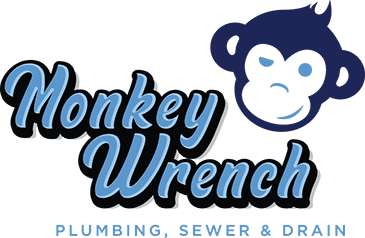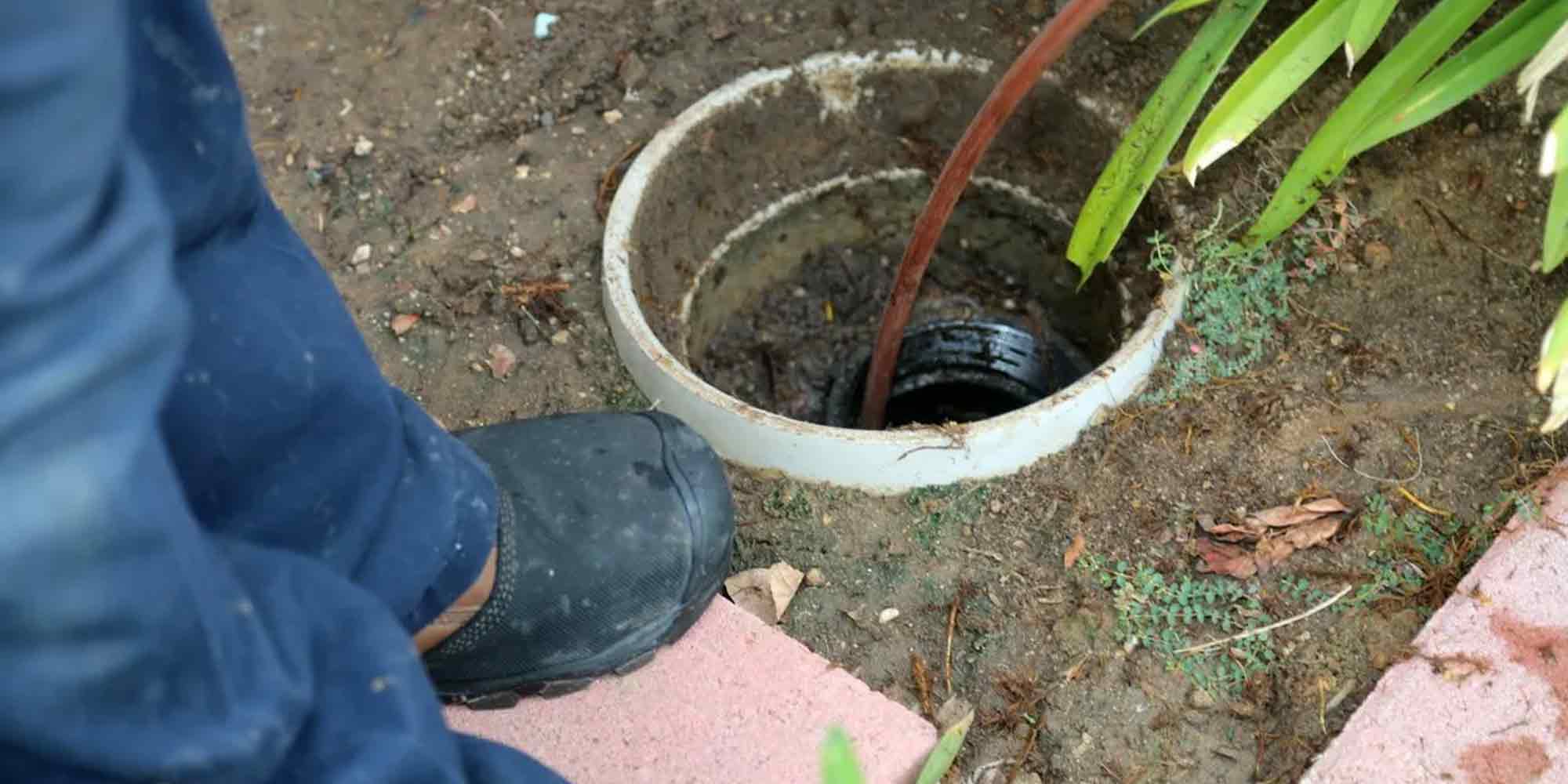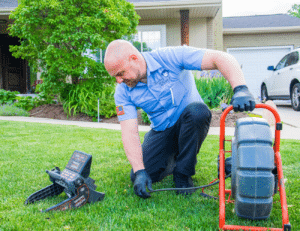At some point, every homeowner has or will have a clogged drain in their home. While a single clog may be frustrating, it is usually simple to fix.
Unfortunately, when all the drains in the house begin backing up at the same time, a small frustration can turn into a huge ordeal – and you may be dealing with something more expensive and serious – a clog in your sewer drain.
It doesn’t matter if your sewer line is backing up or if you want to keep this from happening; getting to know some of the causes of sewer line clogs is essential.
Tree Roots
As a tree’s roots continue to grow, they may move toward the sewer line. If the sewer lines are corroded, cracked, aging, or damaged somehow, tree roots may grow inside the pipes. This is going to interrupt the smooth and consistent flow of wastewater. As time passes, the roots will start to expand. While this can bring dirt and other debris into the pipes, it can also lead to a total blockage. If that happens, all the drains in the home will clog, and backups will be virtually impossible to avoid.
Issues with the Toilets
If you treat your toilet like a trash can, it can result in sewer drain problems. It would help if you never flushed foreign objects down the toilet. However, even things that are labeled as being “flushable,” such as flushable wipes, should not be sent down the drain.
Most plumbers agree that all that should be flushed down the toilet is human waste and toilet paper. If you flush anything else down the toilet, it may result in a sewer line clog and serious damage. It is a good idea to get to know what you can and cannot safely flush down the toilet.
The Garbage Disposal
Similar to the toilet, your garbage disposal should not be used as a second trash can. If you through grease, remnants from dinner, or other items down the garbage disposal, it can make the drains clog rather quickly. Be sure you use a kitchen sink strainer to catch the bigger debris. Also, be sure to know what is and is not safe to put down the garbage disposal.
Sewer Line Damage
As time passes, your sewer line may sag, corrode, crack, or begin to fail. These issues are more likely to impact older sewer lines, especially those over 25 years old. Also, when your sewer lines are damaged, dirt and other debris can get into the lines. At this point, wastewater won’t be able to move through them, which can ultimately cause sewer line backups and clogs.
If you believe you may have an issue with your sewer line, the best thing you can do is contact a plumber. A professional can evaluate the problem and determine what needs to be done to fix it. A plumber can also provide you with tips and information to ensure this type of issue does not occur again.



